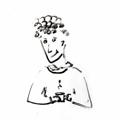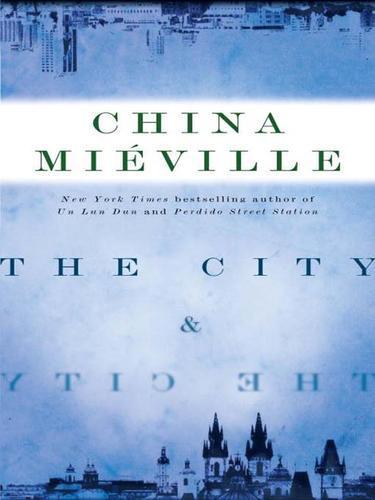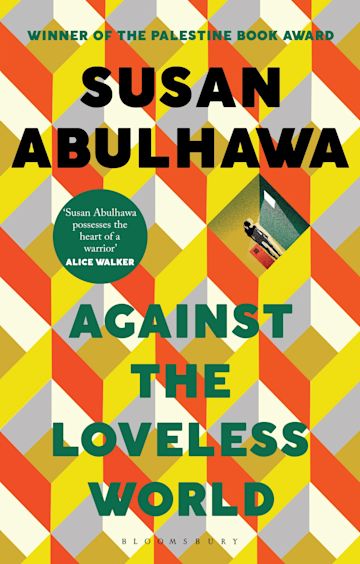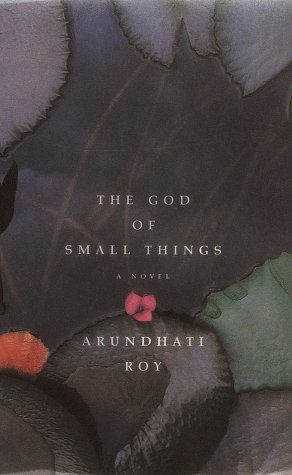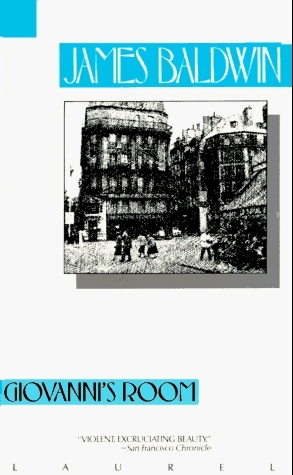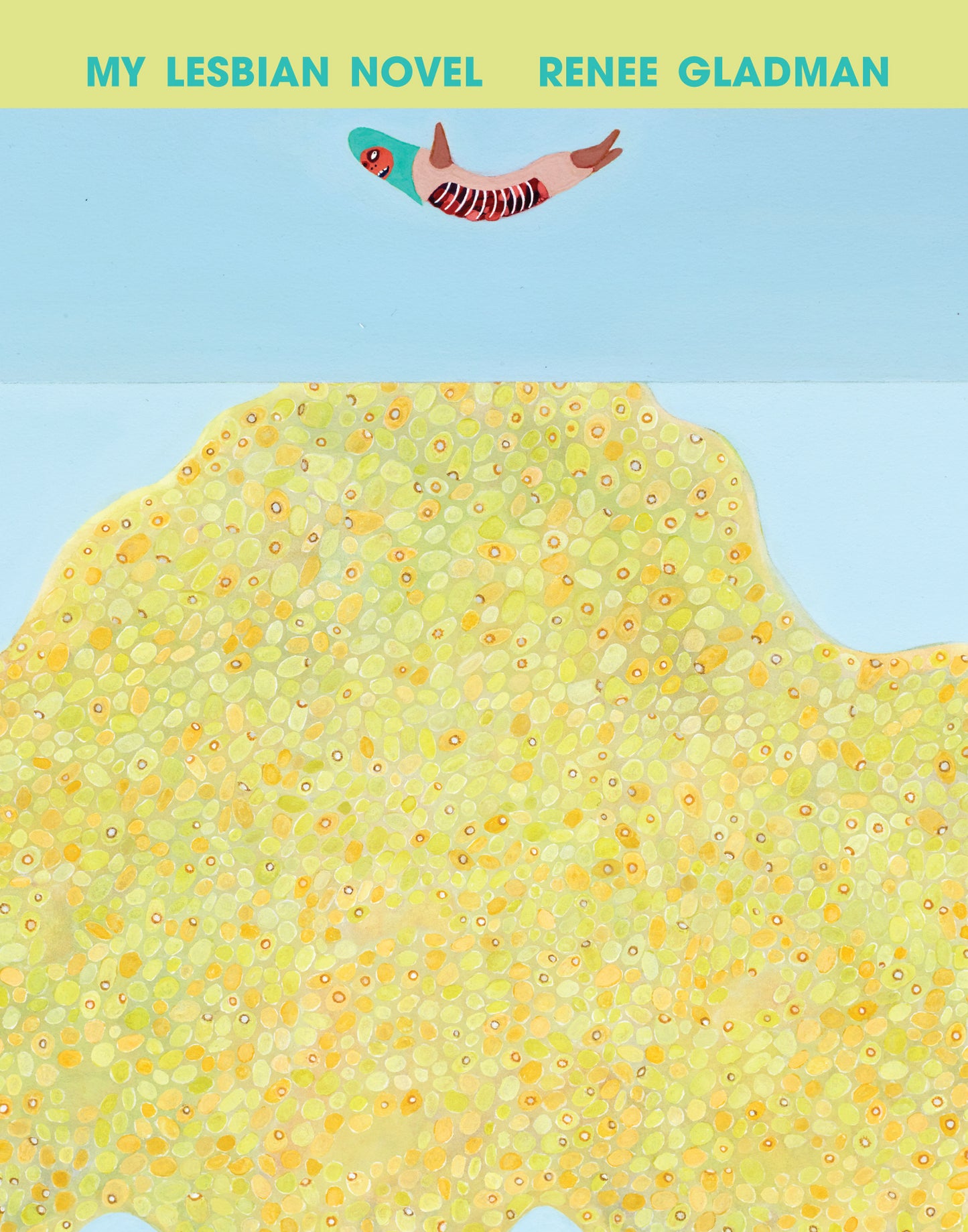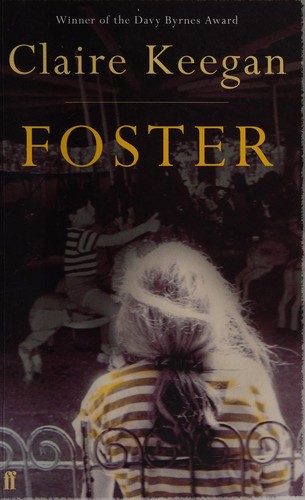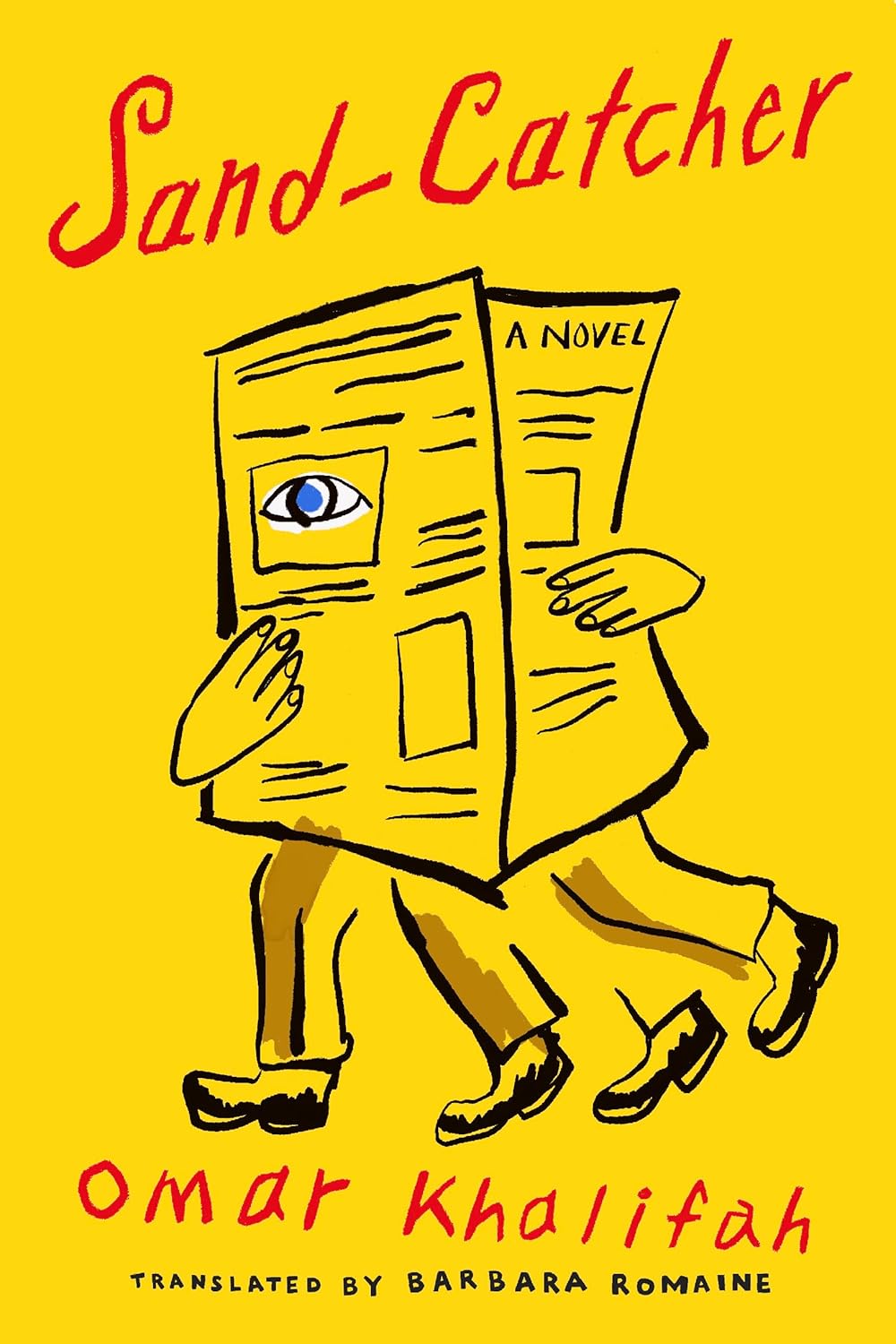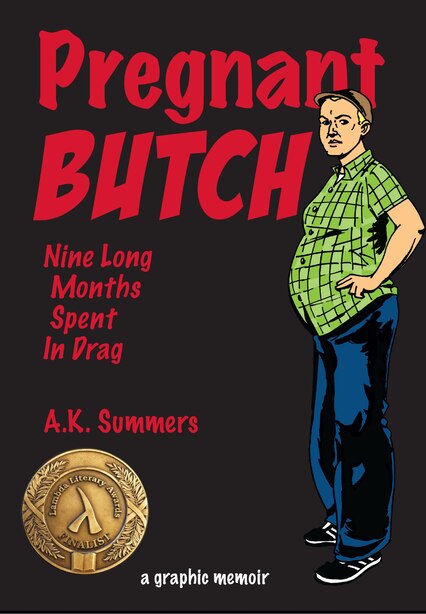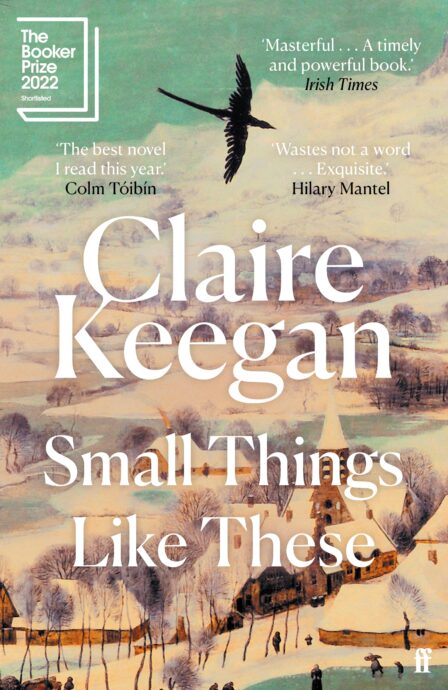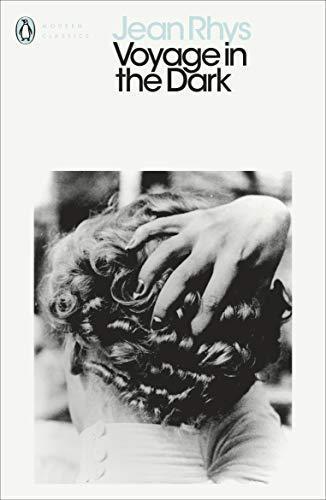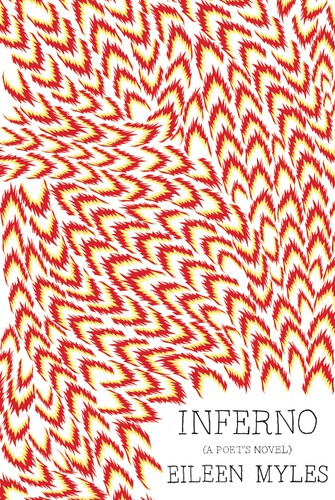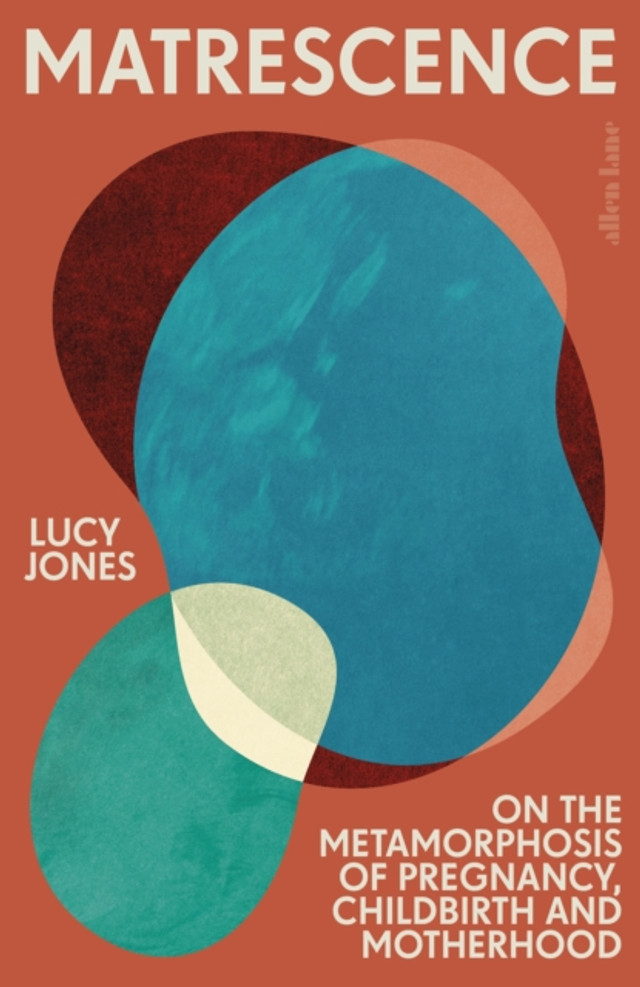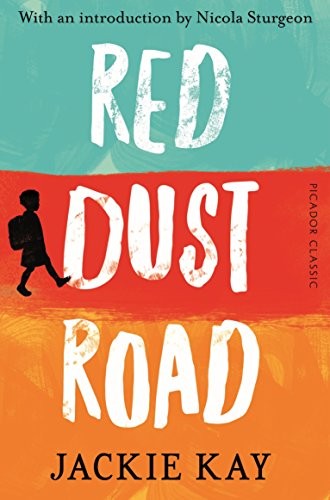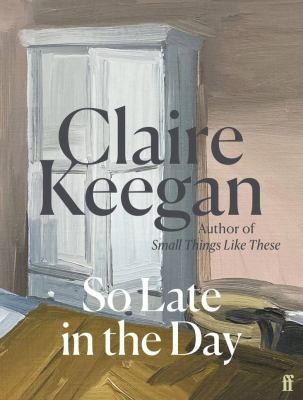I start to feel that I'm on a first name basis with Sarah
4 stars
While the book is marketed as an 'AIDS memoir', I would rather describe it as a provocative essay. In the first pages, Sarah professes to hate books that revolve around a single argument, yet I'm tempted to summarise the one at the core of this book as follows:
*Before AIDS, queers in New York (and possibly everywhere) were outcasts and rebels who made edgy art, which sometimes was good, sometimes was not; but it was experimental and meaningful. After AIDS, most gay people are just hipsters and yuppies, who work in the arts but have sold out and/or are concerned with professional success and paying rents, something that admittedly has become a lot harder to do. AIDS was the key event that marked, and possibly even caused, this transition.
I don't buy the causal relation implied here (AIDS having engendered gentrification), although I'm sure it looks that way from Sarah's …
While the book is marketed as an 'AIDS memoir', I would rather describe it as a provocative essay. In the first pages, Sarah professes to hate books that revolve around a single argument, yet I'm tempted to summarise the one at the core of this book as follows:
*Before AIDS, queers in New York (and possibly everywhere) were outcasts and rebels who made edgy art, which sometimes was good, sometimes was not; but it was experimental and meaningful. After AIDS, most gay people are just hipsters and yuppies, who work in the arts but have sold out and/or are concerned with professional success and paying rents, something that admittedly has become a lot harder to do. AIDS was the key event that marked, and possibly even caused, this transition.
I don't buy the causal relation implied here (AIDS having engendered gentrification), although I'm sure it looks that way from Sarah's standpoint. But that's very much secondary. The description of how gays became shallow is absolutely convincing, and the analogy/link between this shift and gentrification really helpful. Sarah manages to critique some personal consumption choices while keeping the focus on the loss of collective organising and political vision. Finally, I feel compelled to mention how strong a ranter Sarah is. She rants about homophobia, she rants about chic restaurants, she rants about lesbians making babies, she rants about MFAs and the publishing industry, she rants about youth these days...and I'm here for it. I hope to stay inspired and keep my inner gentrifier at bay.
